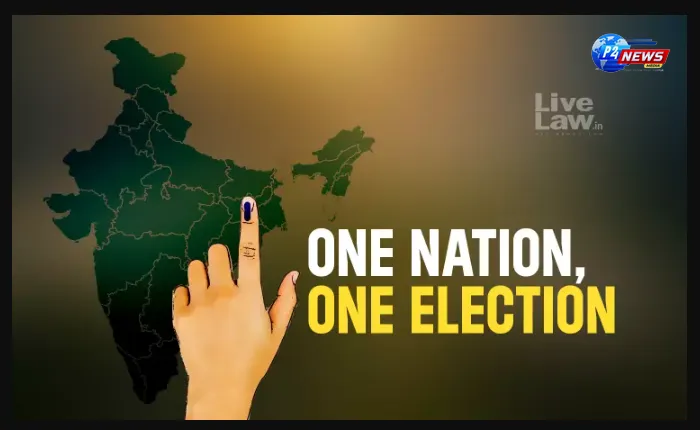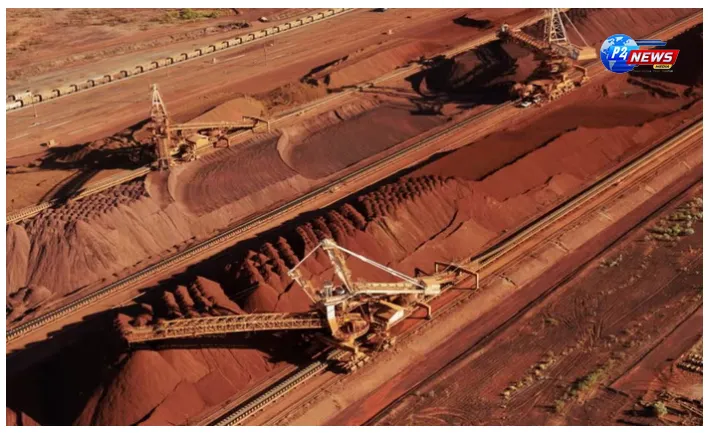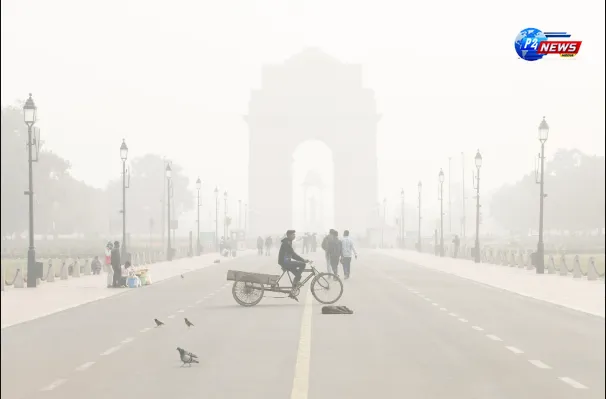The Winter Session of Parliament is set to witness the introduction of the 'One Nation One Election' bill in the Lok Sabha, scheduled for tomorrow around noon, as reported. This initiative aims to synchronize elections across India for greater efficiency.
The Winter Session of Parliament entered its final week on Monday, marking a significant moment as the Rajya Sabha kicked off a two-day debate centered on the Constitution, which celebrated its 75th anniversary on November 26. Previously, the Lok Sabha held discussions on this very topic over Friday and Saturday, even though Saturdays are usually not designated for parliamentary work. The ongoing discourse is essential for reflecting on the Constitution's journey and its implications for the nation.
As Parliament convenes, various issues have emerged in the news. Notably, Allu Arjun's recent homecoming amidst the ongoing "Pushpa 2" case has intrigued many and led to a divided reaction across social media platforms. In Ghaziabad, a 20-year-old woman was detained for allegedly attempting to falsely accuse her cousin of rape, alongside a YouTuber. In a more heated atmosphere, the Rajya Sabha experienced an adjournment following a confrontation between Mallikarjun Kharge and Jagdeep Dhankhar.
As the session unfolded, fashion trends also made headlines, with celebrities like Sonam Kapoor and Bhumi Pednekar influencing styles, particularly with the rising popularity of cross pendants. Meanwhile, entertainment news included revelations from Naga Chaitanya, who shared that he encourages his co-star Sobhita Dhulipala to converse in Telugu, appreciating the linguistic texture it brings to their interactions.
In a more serious vein, cricketing tensions flared when an incident involving Mohammed Siraj almost resulted in a significant altercation with Ravindra Jadeja, showcasing the high emotions running through sports and their impact on players. Furthermore, in Gujarat, an altercation unfolded at a bank where a man verbally attacked a manager and even slapped an insurance employee due to dissatisfaction over TDS on fixed deposits. Such incidents often reveal broader societal tensions and the challenges faced in daily life.
As the parliamentary discussions continued, the atmosphere remained charged with various political maneuverings. On December 16, BJP National President JP Nadda was poised to lead the debate on Samvidhan Diwas in the Rajya Sabha, a significant event highlighting the importance of the Constitution in contemporary governance. Additionally, the Lok Sabha was set to witness the introduction of a bill advocating for simultaneous elections across India, a topic that carries substantial implications for future electoral processes.
In response to the Modi government's policies, the Congress party organized a major protest march in Ranchi, set for December 18. Keshav Mahato Kamlesh, the state Congress president, emphasized the rally's aim to voice dissent against the central government's approach to various issues affecting the state and the nation at large. Politics continued to be heated as Congress MP Priyanka Gandhi Vadra ignited controversy with her Palestine-themed handbag, drawing sharp criticism from BJP leaders who questioned her choice and intentions.
Amidst the political exchanges, various leaders weighed in on issues ranging from farmers' rights to allegations against the use of Electronic Voting Machines (EVMs). The Congress and Samajwadi Party members raised concerns regarding ongoing farmers' protests, advocating for the fulfillment of their demands such as the implementation of Minimum Support Price (MSP). Meanwhile, Kharge countered finance minister Nirmala Sitharaman's remarks by stating that constitutional amendments are essential for addressing pressing national issues.
Well-known figures debated the reality of minority rights in Bangladesh, with Priyanka Gandhi urging the government to intervene on behalf of persecuted communities, while Sitharaman countered with statements regarding Congress's historical dealings. The intricate interplay of accusations, defenses, and legislative maneuvers highlights a landscape filled with challenges and opportunities as leaders navigate the complexities of governance and public sentiment.
In a broader sense, the parliamentary proceedings exemplify the ongoing struggle within the Indian political framework to address diverse concerns, ranging from civil rights and economic policies to the welfare of marginalized communities. The week ahead promises more discussions and revelations as lawmakers strive to engage with the pressing issues of the day, setting the stage for potential reforms and renewed national dialogue.
















Comments 0